by Les Tan, Dawn Yip and Jan Lin
Dr Benedict Tan, 41, is a three-time Sportsman of the Year award winner and won a gold medal at the 1994 Asian Games in Hiroshima, Japan. In 1995, he broke into the ranks of the top 50 sailors in the world, and finished 36th out of 86 competitors at the 1996 Olympic Games in Atlanta, USA.Ben is currently the Head and Senior Consultant of the Changi Sports Medicine Centre. He also sits on the board of the Singapore Sports Council and is a member of the Singapore National Olympic Council. In recent years, he has turned his focus to long-distance running, and recently finished as the third-fastest Singaporean in a personal best time of 2 hours 56 minutes 20 seconds at the 2008 Singapore Marathon.
Here is his story. [Part 4]
How was it like juggling training and school work? How often did you train?
"I’m very target-oriented. First I decide whether I want to win or not. If the answer is yes then the next question is what it takes to win. Then you do what it takes to win, so if you want to win, how many hours must you train.
But my formula for winning is very simple. Your performance is equals to your talent, how many hours you put in and how efficient your training is. So if your training is to just go down there and go through the motion and you don’t learn anything, you can spend 10 hours a day and it’s no use.
So basically there are 3 parameters and to simplify [the formula] further, you can condense to 2 parameters. Because for talent, I always assume that my opponents are more talented, or at least as talented as me. It is not a bad assumption. If he he manages to qualify for the SEA Games, he has to be talented.
So it is very stupid to assume that your opponents are less talented. I say it is very stupid, but a lot of people still make that assumption.
Why?
Because a lot of people don’t put in as much effort as their opponents, they train less hours, yet they expect to win, which is rubbish. A lot of people do that. There is no way it will happen.
That’s why I always assume that you’re equally talented and the only way to beat you is, I’ll either train more efficiently or put in more hours, or both. That’s why I work very hard because I assume and respect my opponents who are always up against me.
That’s why I always assume that you’re equally talented and the only way to beat you is, I’ll either train more efficiently or put in more hours, or both. That’s why I work very hard because I assume and respect my opponents who are always up against me.
So then now there are only 2 parameters.
Can you get away with just doing one? That means, I’ll train more hours and be less efficient? Cannot. It is a very competitive world. Can you get away with being very efficient and training less hours? Also very difficult.
It depends on the level of competition, but if you get on top like Asian Games onwards, then forget it. The Chinese, Japanese and Europeans are all full-time.
So you will have to do both and I always make that assumption. If you train 5 hours, I’ll train 6 hours. If you train 6 hours, I’ll train 7 hours. There is no way around it.
So if you simplify things like that, when it comes to training efficiency, every hour you spend in the water, you try to get as much as you can. So before I go on the water, I already have training objectives, when I get into the water, everything I do, I think and think and analyse and capture the information in my head.
Once I come back to shore, after I go dating, go and see movie, go home and study, I’ll go back and I have a training log book and I’ll analyse what happened during my training session during the day and I summarise and write down in red ink for the next training session, what are the collective actions I’m going to take.
So the next training session, I’ll just look at the red portion before I go on the water, so my objectives are already there and in that way, I accelerate my learning process and get the most out of my training sessions.
Here’s another example of how I squeezed in so much. In a normal training session if there is a coach, who gives you a course to do and you race the course and when everyone is done and will sit down and wait for the last boat to come in, then you restart the race again. I never rest.
While they are waiting for the rest to come back, I’ll do boat changing drills, my physical fitness, or boat handling, while waiting for the rest. So I’m already tired before the next race starts, but that challenges me because I put myself at a disadvantage first and I’ll have to work harder for the next race because my overseas opponents wouldn’t be as easy as my local ones.
So I have to purposely open myself to disadvantage. Sometimes I tie plastic bags to my boat in the water to slow my boat down, to put myself at a disadvantage.
So in training situations, you make it harder than the real situations so that the real situations become easier. So I’m always challenging myself that way, and that’s why I need a lot of sparring partners because in strong winds, I’ll beat the strong winds expert and in light winds, I’ll beat the light winds expert and when I’m strong in all the departments, when I beat the experts in all the departments, then overall, nobody touches me."
Article courtesy of Red Sports


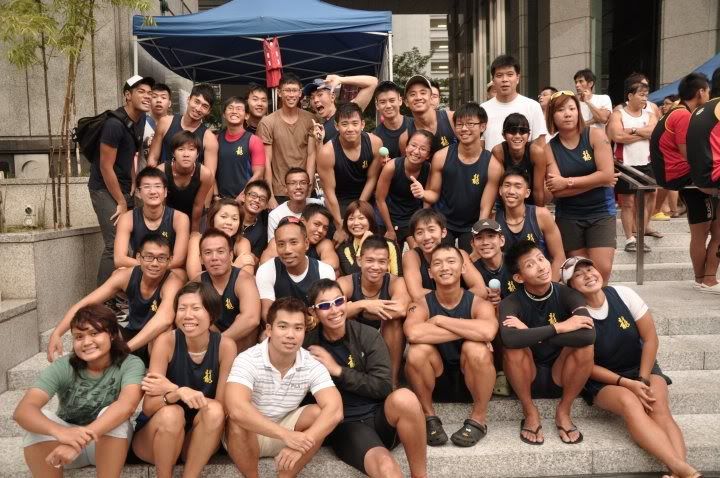
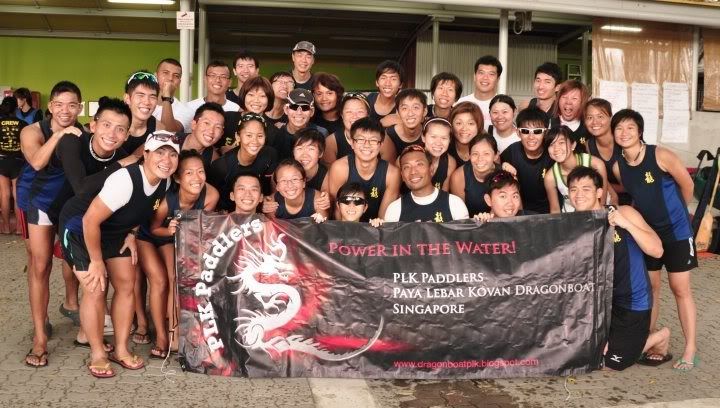
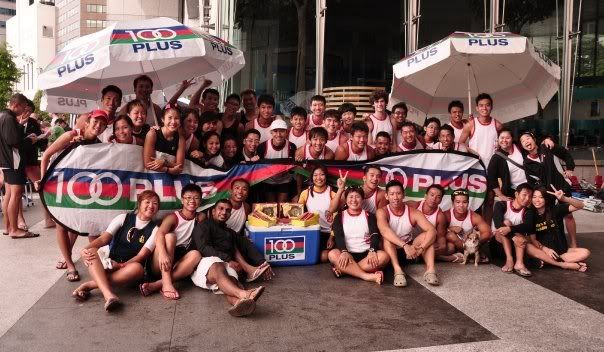
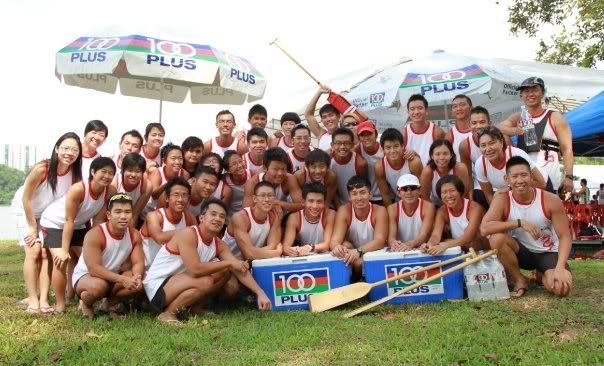
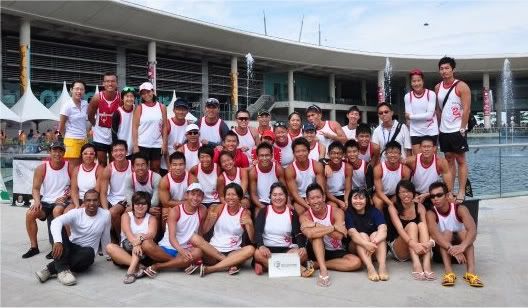
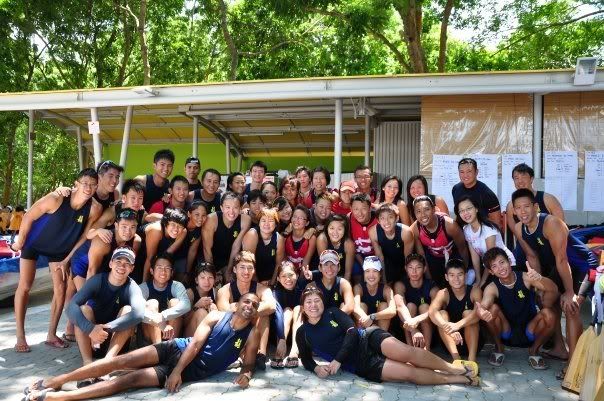
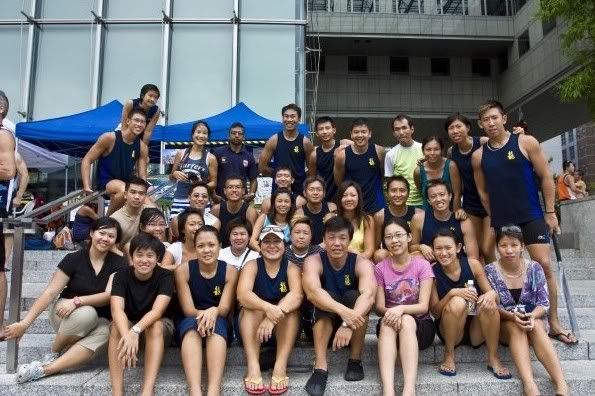
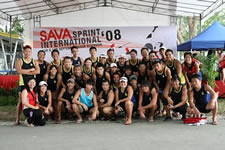
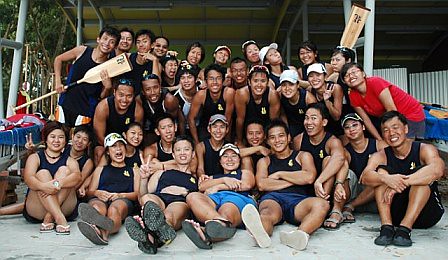

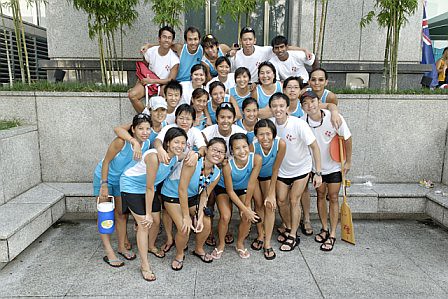
No comments:
Post a Comment